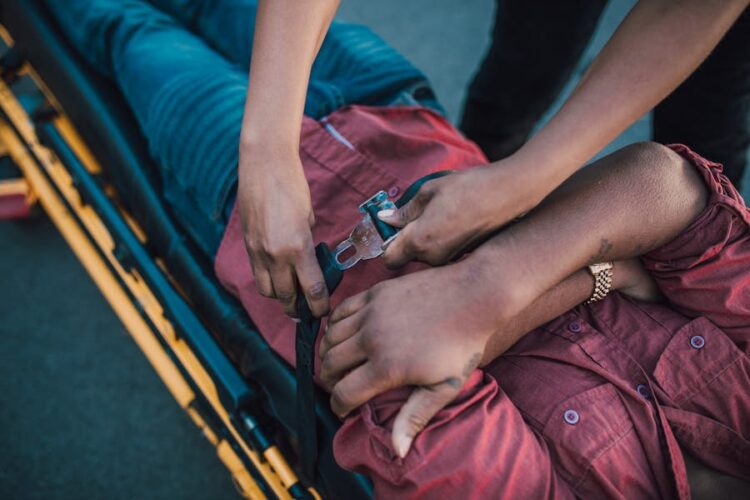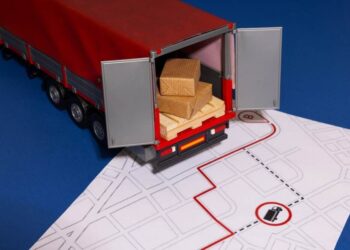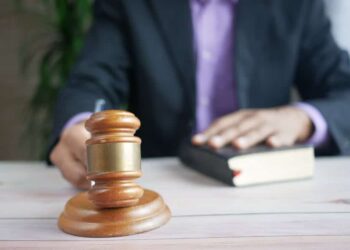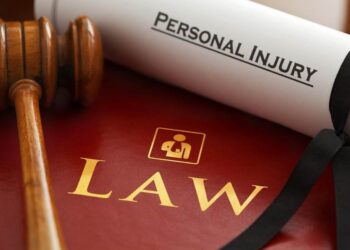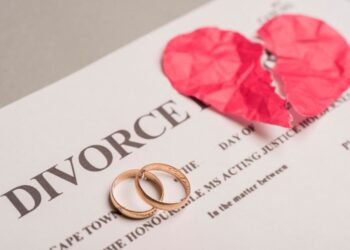In the aftermath of a personal injury, whether from a car accident, slip and fall, or any other incident, gathering evidence is crucial. This evidence not only helps to substantiate your claim but also strengthens your position when negotiating with insurance companies or pursuing legal action. Without solid evidence, it can be challenging to prove the extent of your injuries and the negligence of the responsible party.
Consulting with a personal injury lawyer can significantly aid in understanding the types of evidence required and the best ways to collect and preserve it. An experienced lawyer can guide you through the process, ensuring that no critical detail is overlooked and that your case is as strong as possible.
Why Gathering Evidence Is Crucial
Establishing Fault
One of the primary reasons for gathering evidence is to establish fault. This means proving that the other party was negligent and that their negligence caused your injury. Evidence such as photographs of the accident scene, witness statements, and police reports can all contribute to building a compelling case.
Demonstrating the Extent of Injuries
Another vital aspect of evidence collection is demonstrating the extent of your injuries. Medical records, photographs of your injuries, and documentation of your pain and suffering are all critical pieces of evidence. These can help substantiate your claim for compensation and provide a clear picture of how the injury has impacted your life.
Supporting Financial Claims
To receive compensation for medical expenses, lost wages, and other financial burdens resulting from the injury, you must provide evidence of these costs. This includes medical bills, receipts for medication, and records of time off work. A well-documented claim is more likely to be successful and result in fair compensation.
Types of Evidence to Collect
Photographic Evidence
Photographs are one of the most straightforward and compelling types of evidence. Immediately after the incident, take pictures of the scene, your injuries, and any property damage. Ensure the photos are clear and cover multiple angles to provide a comprehensive view of the situation.
Medical Records
Medical records are essential for documenting your injuries and the treatment you have received. These records include initial diagnosis, treatment plans, prescriptions, and follow-up appointments. Ensure you keep all medical documents and receipts as they are crucial for your claim.
Witness Statements
Witnesses can provide valuable testimony about the incident. Collect the contact information of any witnesses and ask them to provide a written or recorded statement. Witness statements can corroborate your account of the incident and provide additional perspectives on what happened.
Police Reports
If the incident involved law enforcement, such as a car accident, the police report is a vital piece of evidence. This report includes details about the accident, statements from involved parties, and the officer’s assessment of the situation. Obtain a copy of the police report as soon as possible.
Expert Testimony
In some cases, expert testimony may be required to support your claim. This could include medical experts who can testify about the extent of your injuries and the long-term impact or accident reconstruction specialists who can provide insights into how the incident occurred.
Financial Documentation
To claim compensation for financial losses, gather all relevant financial documentation. This includes medical bills, receipts for out-of-pocket expenses, and records of lost wages. Detailed financial records can help substantiate your claim and ensure you receive adequate compensation.
How a Personal Injury Lawyer Can Help
Legal Expertise
A personal injury lawyer brings legal expertise and experience to your case. They can help you understand what evidence is necessary, how to collect it, and how to present it effectively. This expertise is invaluable in building a strong case and navigating the complexities of the legal system.
Evidence Collection
A lawyer can assist with the evidence collection process, ensuring that no crucial detail is overlooked. They can help gather medical records, contact witnesses, and obtain expert testimony. This comprehensive approach to evidence collection strengthens your case and increases your chances of a successful outcome.
Negotiating with Insurance Companies
Insurance companies often try to minimize payouts and may dispute your claim. A personal injury lawyer can negotiate with insurance companies on your behalf, using the collected evidence to support your case. Their negotiation skills can help ensure you receive fair compensation for your injuries and losses.
Representing You in Court
If your case goes to court, having a personal injury lawyer by your side is essential. They can present the evidence, argue your case, and advocate for your rights. Their courtroom experience and legal knowledge can significantly impact the outcome of your case.
Common Mistakes to Avoid
Delaying Medical Treatment
One of the most common mistakes after a personal injury is delaying medical treatment. Seeking immediate medical attention not only ensures your health and well-being but also provides essential documentation of your injuries. Delays in treatment can be used against you by insurance companies and in court.
Failing to Gather Evidence Immediately
Another mistake is failing to gather evidence immediately after the incident. The longer you wait, the more challenging it becomes to collect accurate and compelling evidence. Memories fade, witnesses become harder to locate, and physical evidence can be lost or altered.
Not Keeping Detailed Records
Keeping detailed records of all aspects of your injury and its aftermath is crucial. This includes medical treatments, financial expenses, and communications with insurance companies. Lack of documentation can weaken your case and reduce your chances of receiving fair compensation.
Speaking to Insurance Companies Without Legal Counsel
Insurance adjusters may contact you soon after the incident, but it’s essential not to provide statements or sign any documents without consulting a personal injury lawyer. Anything you say can be used against you, and a lawyer can guide you on how to handle these communications.
Conclusion
Gathering evidence after a personal injury is vital for building a strong case and ensuring you receive fair compensation. Photographic evidence, medical records, witness statements, police reports, expert testimony, and financial documentation all play crucial roles in supporting your claim. Consulting with a personal injury lawyer can provide invaluable guidance and support throughout this process. By avoiding common mistakes and diligently collecting and preserving evidence, you can strengthen your position and improve your chances of a successful outcome. Prioritize your health, protect your rights, and seek the compensation you deserve.


